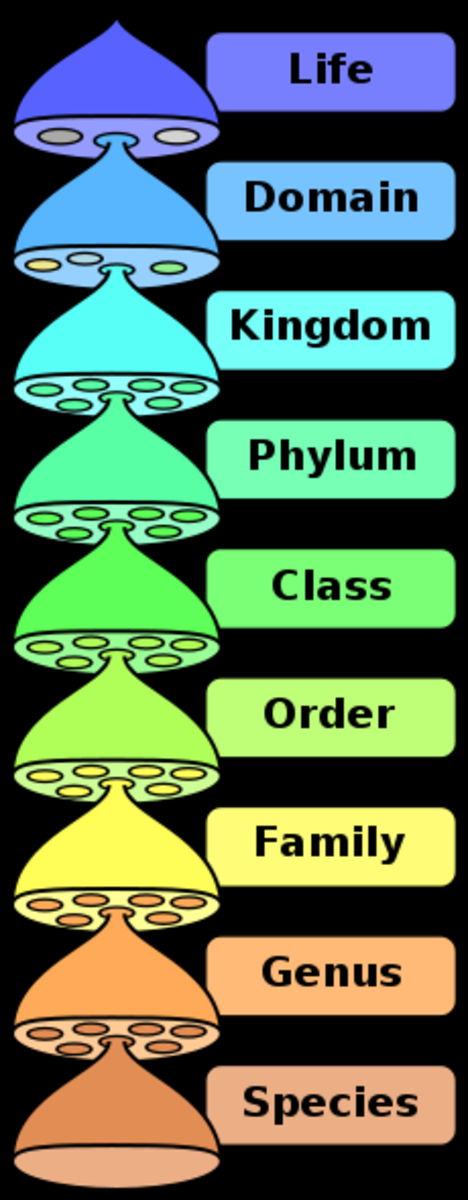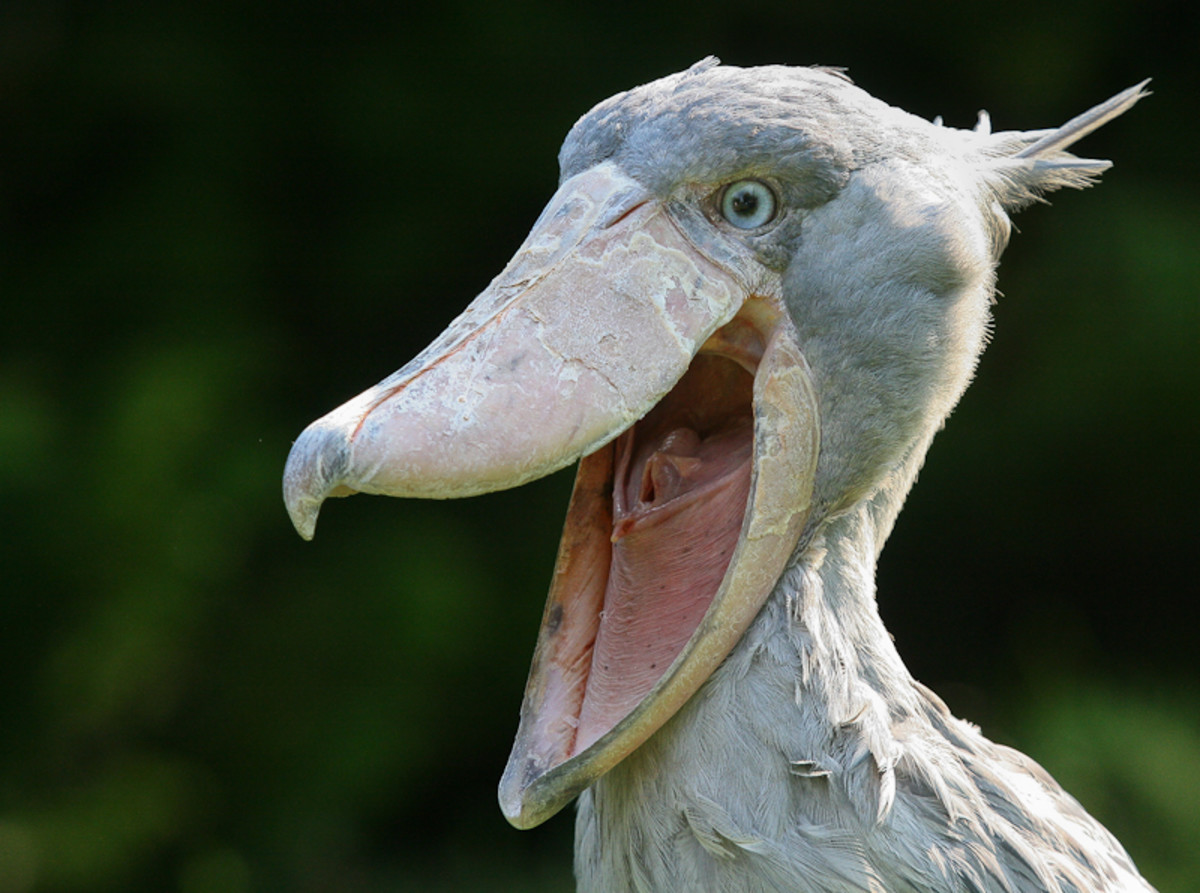Biology…A Much Needed Modern Science
What Exactly is Biology?
To ask…“What is Biology?”…would suggest making an attempt at a “nutshell” definition of what it is. In all honesty, there is no nutshell definition to explain how biology effects even our lives. Of course, there is the safe definition learned since the earliest of all school days. That definition would be to depict biology as simply “the study of life”.
If indeed that is the definition that presumably explains everything, then stop to consider the many aspects of life that are included in those four words. Even learning and attempting to grasp the most basic concepts is not enough to appreciate all that the study of biology encompasses. Obviously, from teachers to scientist, biology is such a broad and extensive subject that it has to be divided into separate branches just for the convenience of study. Let us now attempt to identify and understand some of those branches.
How is Biology Really Defined?
Before any brief elaboration on the branches of biology can begin, it must be noted that despite the obvious differences, all the branches are interrelated and dependent on each other. Even if we were to initially break biology into its customary spectrum; Zoology, the study of animals; Botany, the study of plants; Morphology, the study of organisms; and Physiology, the basic and linking functions of them all; we would still have to evaluate from a biological standpoint what they all have in common.
Considering that even those categories have subcategories, biology is often approached on the basis of its hierarchy of levels that deal with the elemental units of life. Beginning with molecular biology and through anatomy and physiology, the study of biology offers the idea that anything that, works, grows, reproduces, responds to stimuli and adapts forms the basis of the study of biology.
How would We Describe the Foundation of Biology?
The basis of biology as it exists today is based on five basic principles described in the following:
- Cell Theory: All living organisms are composed of cells. The cell is the basic unit of life that arises from previously existing cells. They may be unicellular or multi-cellular.
- Gene Theory: This is the theory that traits are inherited through gene transmission in reproduction. Genes are located on chromosomes and consist of DNA, the macromolecule that contains genetic "information" for the reproduction of life.
- Evolution: Biological evolution is any change in a populace that is inherited over several generations. For an event to be considered an instance of evolution, genetic changes have to occur in a population and be passed on from one generation to the next.
- Thermodynamics: The basis of this concept is that energy may change from one form to another, but can neither be produced nor destroyed. These principles govern the metabolic processes in all biological organisms and remains in a constant and closed system.
- Homeostasis: This is the ability to maintain a constant internal environment in response to environmental changes. This concept is discussed further in the following.
The Most Important Concept of the Biological Foundation
The most easily discernible principle of biology is that it does in fact distinguish live and active organisms from non-active inorganic matter. Sitting at the foundation of that biological principle is the terminology “homeostasis”. Successful homeostasis describes any self-regulating process by which biological systems tend to maintain stability and adjust to conditions that are most favorable for survival.
This being true, then homeostasis infers that a state of stability and of dynamic equilibrium where there is continuous change and adaptability. Yet, through all changes, uniform conditions prevail and resist adverse outside forces.
Importance of Energy in Biological Functions
All living organisms need energy to carry out its functions and to maintain life. Whether plant or human these functions include development, growth, damage repair, most importantly reproduction. Energy for the functions metabolic activities involves a set of processes that allow living organisms to convert chemicals into cellular components like molecules. Energy for movement and catabolism is produced by breaking down molecules from organic matter. While plants depend on energy derived from sunlight to produce nutrients, animals depend on the consumption of these same plants or of other organisms to replenish their need for energy.
Various Branches of Biology
The following list is just as an example of how broad the study in Biology really is. No one could conceivably elaborate on the function of each discipline listed here. However, it should be noted that each of the branches also has subcategories or subfields that also associated with it. Maybe you will find and investigate a branch that is most interesting to you.
Comparative anatomy; Agriculture; Pathology; Biochemistry; Conservation biology;
Limnology; Esthesiology; Botany; Mastology; Biophysics; Marine biology; Ecology;
Virology; Biomathematics; Medicine; Zoology; Entomology; Astrobiology; Physiology;
Cytology; Ethology; Molecular biology; Epidemiology; Ichthyology; Bioengineering;
Microbiology; Parasitology;Herpetology; Neurology; Histology; Primatology; Cryobiology;
Mycology; Mammalogy; Koniology; Chronobiology; Geobiology; Anatomy; Protistology;
Genetics; Psychology; Immunology; Surgery; Splanchnology; Toxicology; Veterinary;
Urology; Bioinformatics; Embryology; Endocrinology; Bioclimatology
In Conclusion
From early period to now, biology continually evolves into questions that will one day have an answer. Until that day new organisms are being discovered as biologists continue to seek answers.








